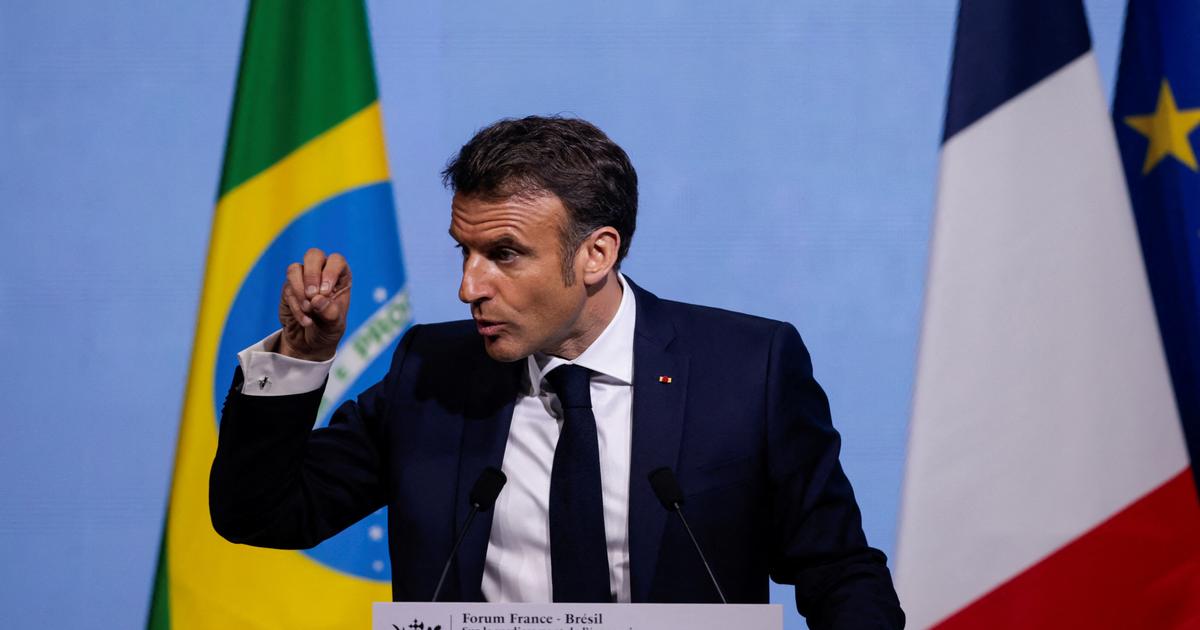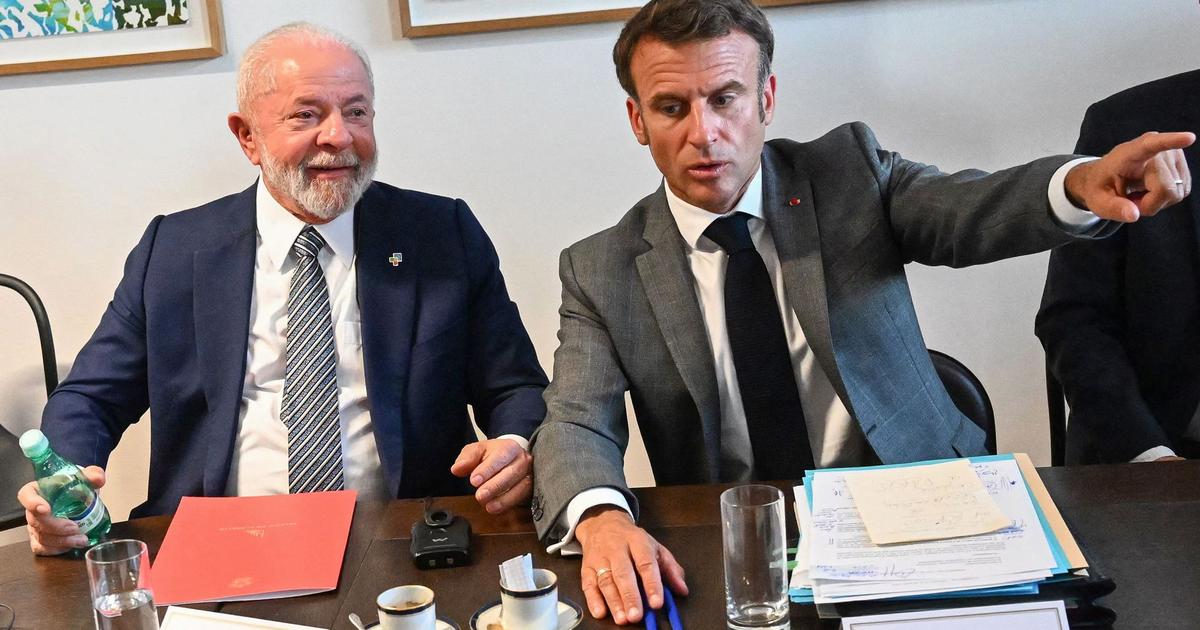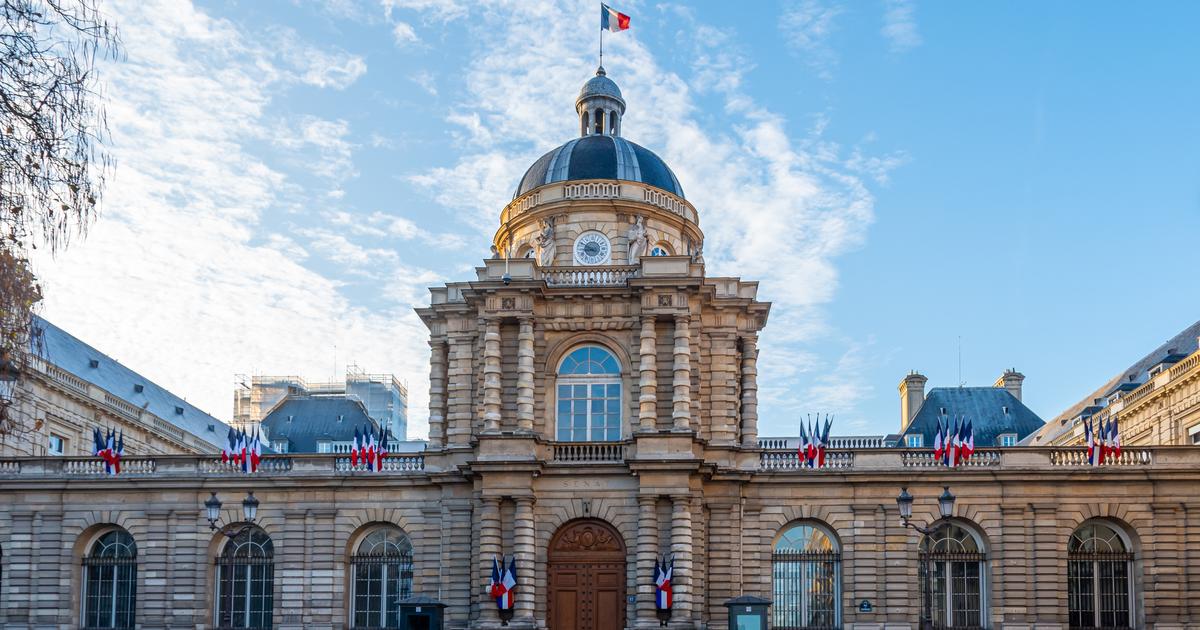With the pro tempore presidency of Mercosur in these first six months of 2023, the government of Alberto Fernández is embarking on
an attempt to resume the free trade agreement between this bloc and the European Union.
But he wants to review some points that he objects to, and he claims to have the support of President Luiz Inacio Lula da Silva to do so.
In this way, Santiago Cafiero, who traveled to Brussels last week, took Fernández's message to the Europeans, who is going through the last months of his administration with a different position from the one he had in his electoral campaign.
Then he proposed
to radically change
the free trade agreement between the blocks and now he asks to review certain points.
The warnings remain the same for Argentines and Brazilians.
He heard them from Chancellor Olaf Scholz on February 28.
Without giving names and without much detail, Scholz implied that reviewing or objecting a lot to what Mauricio Macri, his peers at the time, and the 27 EU countries signed in mid-2019 -a historic treaty after more than twenty years of negotiation- but very preliminary and fragile -
can break everything and return the negotiations between Mercosur and the Union to zero.
It is worth remembering that this treaty was stuck in a dead zone due to the
reluctance of countries like France, Austria and Ireland to ratify it.
One of his excuses was the environmental policy of the then president of Brazil, Jair Bolsonaro.
But the reality is that his
protectionist policies, for example in agriculture,
put up obstacles to negotiating with an area as rich in raw materials as Mercosur.
After the terrible or non-existent relationship that the Europeans had as a bloc with Bolsonaro, Lula da Silva enjoys the sweet welcome.
And his government, which began on January 1, finds Europeans looking for the markets it set out to find after the food and energy limitations experienced with Vladimir Putin's invasion of Ukraine.
That drives the interest of some countries, such as Germany, to close the treaty while hoping
that China does not win the hand.
Lula da Silva said during his visit to Fernández and then to President Luis Lacalle Pou, in Uruguay, that he hoped to close before all the mentioned agreement between Europe and Mercosur, which began to be explored in 1995 and could never be closed due to the " buts” from both continents.
But you have to decipher the true intentions of the Brazilian with that message.
To begin with, it seeks to dilate the enthusiasm of Lacalle Pou for closing its own agreement with the Chinese and with the Trans-Pacific bloc, with or without the endorsement of Mercosur.
Among all this reactivation of the dialogue, last week the French Minister of Agriculture, Marc Fesneau, came out to object.
”For the moment, we have said that the agreement was not acceptable.
That does not mean that there will not be an agreement one day with Mercosur ”, but he clarified that, as it was, the government of Emmanuel Macron was not going to ratify it.
Curious because he was one of the leaders who pushed for the 2019 deal.
“We want fair trade deals,
” Fesneau said.
What do they say at the Chancellery?
One of the most important points that the Government wants to modify is that of
tenders for public works
and wants to privilege access in tenders to be national.
In the 2019 agreement this is open.
And indeed, Lula has now also been
in favor of not completely opening the market in
public tenders.
But the Brazilian economy is more open than Argentina's and considerably larger.
In Brussels, last week Cafiero met with the High Representative for Foreign and Defense Policy of the European Union, Josep Borrell;
with the Executive Vice President and Trade Commissioner of the bloc, Valdis Dombrovskis;
with the European Commissioner for International Associations, Jutta Urpilainen;
the Commissioner for Energy, Kadri Simson and the Executive Vice President and Head of the European Green Pact, Frans Timmermans.
Agreed that working groups be formed to address outstanding issues.
“The view of the four Mercosur countries is coordinated and there is political will to advance in the negotiation.
There
would also be the same political will in the European Union
”, they affirm.
"We want
a revised agreement
with the European Union, adapted to a changing world and value chains," said Cafiero, later stating that the European authorities "were receptive" to this change.
As an example, Cafiero gave the case of biodiesel made from soybeans, which accounts for 20% of Argentina's exports to the EU, but whose conditions were modified by the community bloc months after the 2019 agreement under the Green Pact European Union to reduce CO2 emissions.
The new requirements would leave Argentine products out of a market, to which the country exported 1.2 million tons of biodiesel for 1.85 billion dollars.
Cafiero reiterated to his EU counterparts Argentina's commitment to continue working together, but they highlighted that the main obstacles to progress in the negotiations were posed by the European Union, in particular, through greater demands on environmental matters. (Green Pact) that threaten to seriously affect the exports of the Mercosur countries.
NE
look also
A Lula minister says that a single currency with Argentina is not being discussed now
Lula bets on the execution of the agreement between Mercosur and the European Union
Is a common currency possible in Mercosur?















